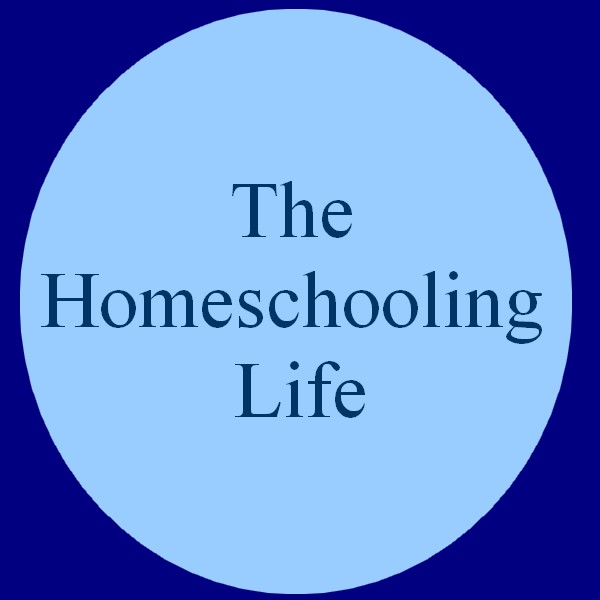
Knowing of my interest in unschooling, a friend sent me this link today: The Beginner’s Guide to Unschooling by Leo Babauta.
He describes unschooling as follows:
First, it’s a form of homeschooling. But there’s no easy answer to that except in comparison to regular schooling. There’s no one way to do unschooling, and people who do it often do it for many different reasons in many different ways.
However, this is how I describe it — in contrast to school:
While school has classes with subjects, unschooling doesn’t.
While school has goals set by teachers and the school system, the unschooler (the kid) set his or her own goals.
While in school, knowledge is handed down from the teacher to the student, in unschooling the student is empowered to learn for himself.
While school has specific books or sets of learning materials, unschoolers can learn from anything — books they find, things on the Internet, siblings or parents, the outdoors, museums, people working in interesting fields, anything.
While school is structured, unschooling is like jazz. It’s done on the fly, changing as the student changes.
While students in school learn to follow instructions, unschoolers learn to think for themselves and make their own decisions.
While students in school are asked to learn at pace arbitrarily set by administrators, unschoolers learn at their own pace.
While in school, learning happens in the classroom at certain times, in unschooling learning happens all the time, and there is no division between learning and life.
Let me emphasize that for a minute: in unschooling, life itself is learning. There is no “doing school” … you are learning all the time.
Unschoolers learn just like you or I learn as adults: based on what interests them, figuring out how to learn it on their own, changing as they change, using whatever resources and learning materials they find, driven by curiosity and practical application rather than because someone says it’s important.
This is how I learn as a self-employed writer, as an entrepreneur, as a parent. It’s how our children will learn when they’re adults. Why not have them learn like that now?
It’s really a very good article, and while I still won’t be jumping completely into the unschooling waters, reading articles like this does help me feel better about my somewhat minimalist, eclectic approach to homeschooling. I like to think my kids are unschooling all the hours of the day they aren’t doing “school” – also known as “the stuff mom forces them to do.”
So, all those hours Isaac spends studying chess problems and playing games against the computer are worthwhile (he’s a local chess champion – who knows where he might go with it?) and all the time David spends working with his Legos or studying the latest Lego catalog may very well help him in life, especially because he wants to work for the Lego company. And all that time they spend reading – well, reading is always worthwhile. The kids who I used to have to pay a quarter an hour to read are now almost never without a book, and learning tons of things in the process.
The fact remains that if they were in school, they would have a lot less time to pursue their own interests. I like to think I give them the best of both worlds – some traditional education via the “stuff mom makes them do” and the time to learn what they feel is important. No one educational style is right for everyone – that is the beauty of having so many choices. But this mix works for us right now, and for today, that’s all I need to worry about.

